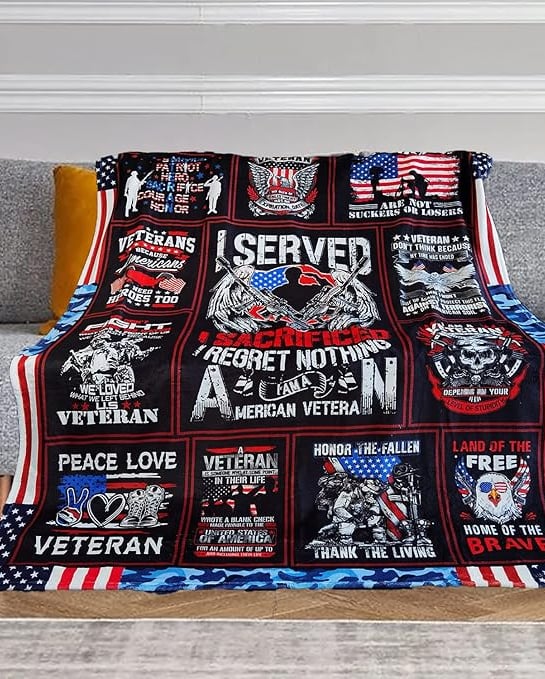The 54th Massachusetts Infantry Regiment
Discover the inspiring story of the 54th Massachusetts Infantry Regiment, the first African American regiment to fight for the Union in the Civil War. This blog explores their courageous battles, including Fort Wagner, and highlights the indomitable spirit of the soldiers who served. From tales of bravery to the music that uplifted them and the spiritual guidance that strengthened their resolve, learn how the 54th Massachusetts became a symbol of hope and determination. Join us as we honor their service and reflect on how their impact shaped history.t description.
WARS AND BATTLESHISTORIC EVENTS
Michael Keller
11/11/202414 min read
First to Fight
The Civil War was a time of upheaval, hope, and heartbreak, set against the backdrop of a nation divided by the moral and economic turmoil of slavery. As tensions escalated between the North and South, the fight for freedom became a central issue, making the war a pivotal moment in American history. Among the most inspiring stories from this era is that of the 54th Massachusetts Infantry Regiment, a group of African American soldiers who fought for freedom, equality, and a nation that hadn’t yet accepted them as equals. These men were among the first African Americans to formally join the Union Army, taking an enormous step not just for themselves but for generations to come.
In early 1863, President Lincoln’s Emancipation Proclamation turned the tide of the war and opened the Union Army to Black soldiers. [1] This was monumental, not just for the North’s fighting power, but because it showed the world what these men had always known: that they were ready and willing to fight for their country and their rights. The formation of the 54th Massachusetts was one of the first answers to this call, a bold step toward a new America.
Building the Regiment
In March 1863, Boston was abuzz with an ambitious and unprecedented initiative: the formation of the first African American regiment in the Union Army, the 54th Massachusetts Infantry. Over 1,000 African American men from across 11 states—including New York, Pennsylvania, Ohio, and as far south as North Carolina—stepped forward, driven by a fierce dedication to freedom and the possibility of a nation where all men might one day be seen as equals. [2] Some of these volunteers were free men, while others had endured the brutalities of slavery. Each man who signed up faced a journey that was not only dangerous because of the war itself, but also fraught with the intense challenges of racism and discrimination. They were willing to take on these risks to fight for something greater than themselves—the hope of a just future for all.
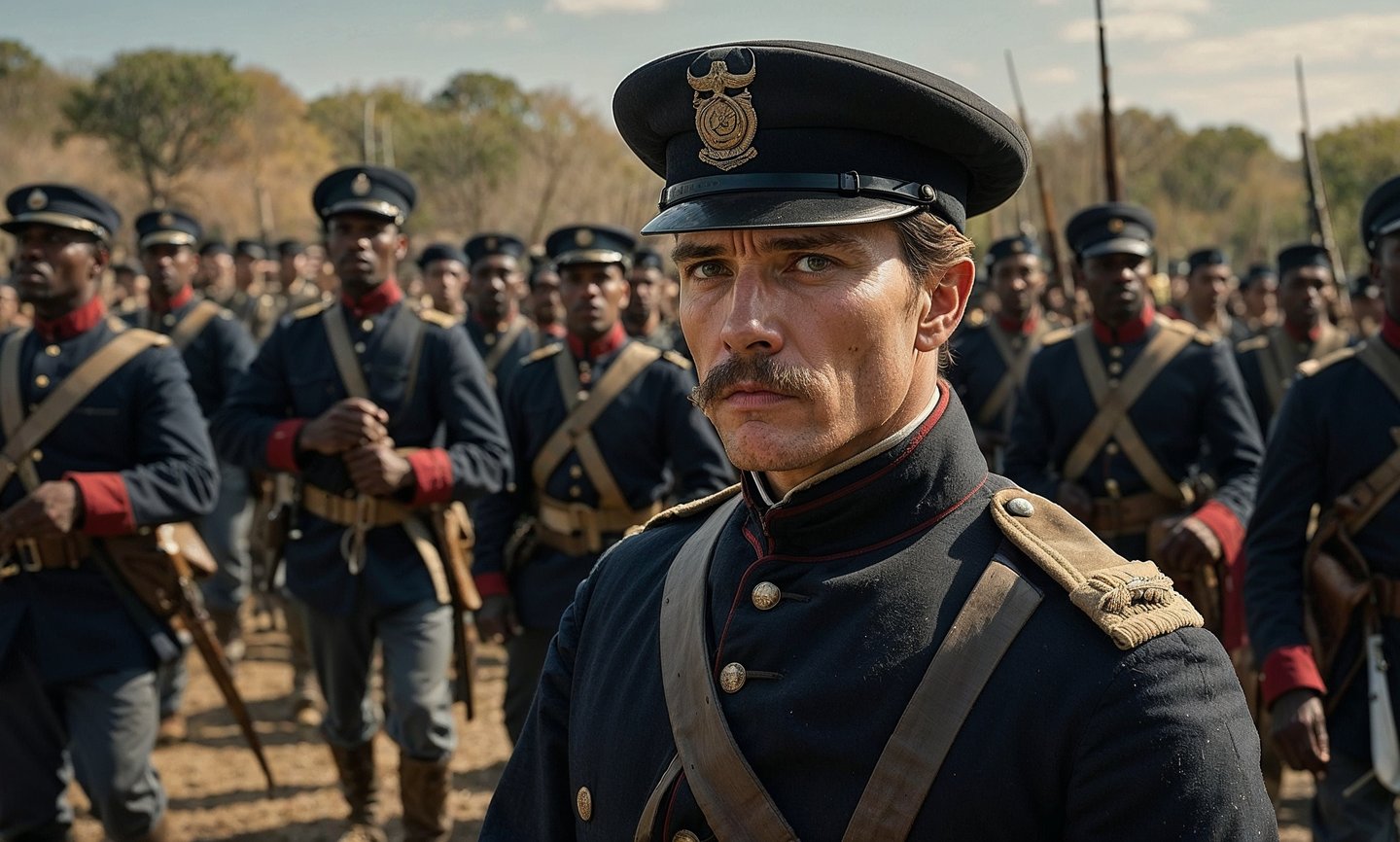

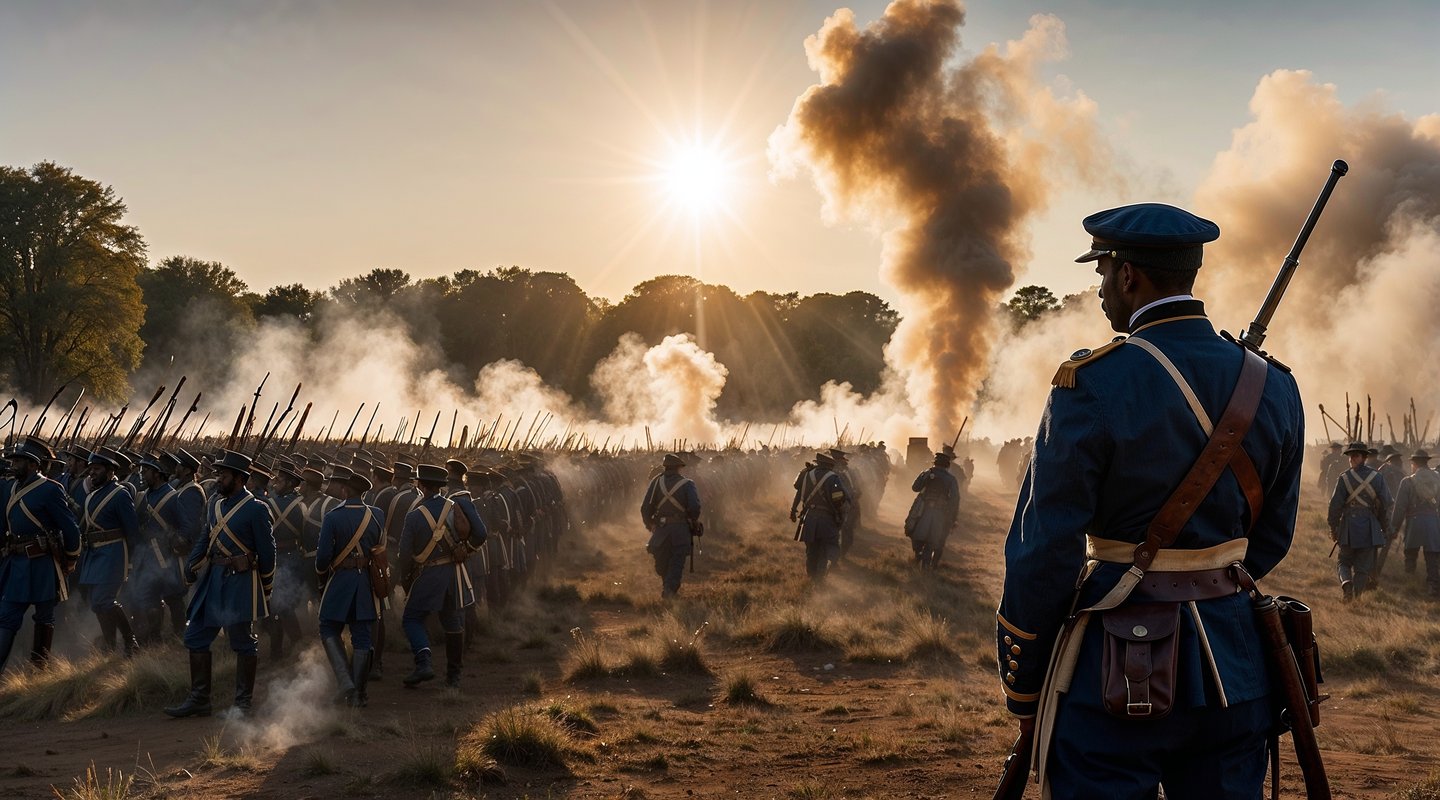

Leading the 54th would be a white officer: 25-year-old Colonel Robert Gould Shaw. Born into a prominent Boston abolitionist family, Shaw understood the stakes of this war for the African American community, and he felt a personal responsibility to join the fight. [3] Shaw was deeply invested in the abolitionist cause, and he took on the leadership of the 54th with seriousness and humility, seeing this opportunity as a way to uphold his family’s principles and his own belief in freedom. His appointment, however, was not without controversy. Although Shaw’s family and many in Boston’s abolitionist circles supported him, others questioned his youth and inexperience and doubted his ability to command a regiment made up of Black soldiers. Some even warned him that taking on this role would be an uphill battle, both on and off the field.
Yet, Shaw’s commitment never wavered, and he quickly earned the respect of his men. From the beginning, he made it a priority to train his soldiers with the highest standards. He demanded nothing less than their best and held himself to the same expectations. By leading drills with diligence and discipline, Shaw communicated that he saw them as soldiers first, not just African American recruits. He frequently spoke with them, listened to their concerns, and encouraged them, bridging the gap between himself and his men. This sense of mutual respect became the backbone of the regiment’s cohesion and trust.
The men of the 54th Massachusetts understood that their fight would not end when they returned home victorious. Racism was deeply rooted, and many white Americans, even in the Union states, viewed African American soldiers with suspicion and scorn. Although they wore the same uniforms and fought for the same country, they weren’t seen as equals by their fellow soldiers. Many Union soldiers doubted that African American troops would stand their ground in combat, and the Confederate forces issued threats that any Black soldier captured would face execution or enslavement rather than being treated as a prisoner of war. [4] Despite this, the men of the 54th stood firm in their resolve, aware that their actions in the field could reshape perceptions and potentially transform the path of African Americans in the military.
Stories from the Regiment
Every regiment has its stories, and the 54th was no exception. Private George Wilson's escape is one such tale of remarkable bravery. Captured during the fierce fighting at Fort Wagner on July 18, 1863, Wilson found himself imprisoned in a Confederate stockade, where conditions were brutal and dehumanizing. For weeks, he endured a harsh regimen of meager rations, cramped quarters, and the constant threat of violence. Yet, Wilson’s spirit remained unbroken. After about a month of captivity, he devised a daring escape plan. Under the cover of darkness, he slipped away from the prison, navigating through enemy territory with nothing but his determination and the knowledge of the land. For several harrowing days, he evaded Confederate patrols, surviving on his wits and whatever food he could scavenge. Finally, after nearly two weeks on the run, he managed to reunite with the 54th Massachusetts, earning not just the respect of his fellow soldiers but also becoming a symbol of resilience and hope within the regiment. [11]
Sergeant Major Lewis Douglass, the son of famed abolitionist Frederick Douglass, provided another powerful voice within the 54th through his letters. These correspondences painted a vivid picture of life in the regiment, capturing the camaraderie, hardships, and aspirations of the men. One letter, dated August 1863, describes the daily routines of camp life, noting, “We rise with the sun, and after the morning drill, we gather around the fire to share stories of home and the dreams that drive us forward.” Douglass’s words often reflected the collective determination of his comrades, as he wrote, “In every battle, we are not just fighting for our freedom, but for the very soul of our nation.” These letters not only served as a testament to the soldiers’ spirit but also provided insights into their hopes for a better future. [12]
Corporal Robert Sutton's bravery shone brightest at Fort Wagner, where he distinguished himself in the heat of battle. During the fierce assault, Sutton was severely injured when a bullet struck his leg. Despite the pain and chaos around him, he refused to abandon his post. Rather than retreating to seek medical attention, he remained on the front lines, rallying his fellow soldiers and encouraging them to push forward against overwhelming odds. His determination to fight on, even in the face of injury, embodied the very spirit of the 54th. Sutton's actions inspired his comrades and became a testament to the courage and commitment that defined the regiment throughout its struggles. His willingness to endure hardship for the sake of his fellow soldiers underscored the deep bonds of brotherhood forged in the crucible of war. [13] Sutton's extraordinary courage not only uplifted his fellow soldiers during a harrowing moment but also highlighted the importance of camaraderie in the regiment. As the men faced relentless challenges, they drew strength from one another.
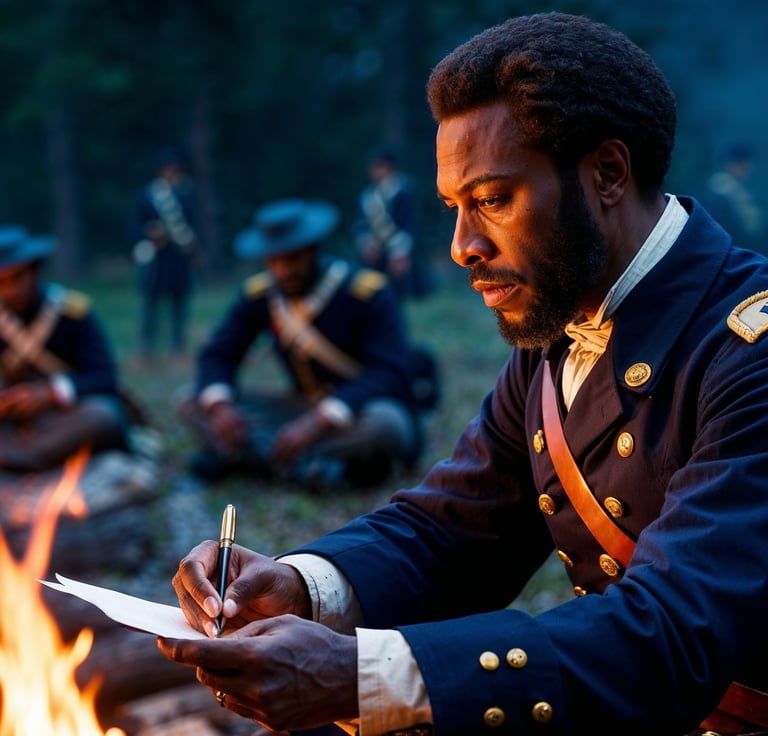

Fighting for Glory: The History and Legacy of the 54th Massachusetts Infantry Regiment offers an in-depth look at the remarkable story of this iconic Civil War regiment. This comprehensive account explores the origins, soldiers, leaders, controversies, and enduring legacy of the 54th, highlighting its pivotal role and contributions. Featuring vivid photos of key figures, locations, and events, this work provides a fresh and engaging perspective on the 54th Massachusetts like never before.
Shaw’s soldiers were subjected to lower pay than white soldiers and often received substandard equipment. [5] They faced resentment and hostility from the very country they were fighting to defend, sometimes even from the ranks of the Union Army itself. They had to contend with skepticism from all sides, with some questioning their loyalty, others questioning their courage, and even more questioning their right to call themselves soldiers. Yet, their strength of purpose allowed them to endure these injustices. They held onto a shared vision of what their service could mean for future generations, knowing that their courage could inspire the world to look past race and see the heart and valor of each man.
Through weeks of training and shared struggle, the 54th Massachusetts began to come together as more than just a regiment—they became a brotherhood. The men supported one another, pushing each other to keep going through exhaustion and injury. Their bond grew tighter as they drilled side-by-side under Shaw’s command, each man aware that he could be fighting for his life beside the men around him. They were united by a shared understanding of what their service meant and the difference it could make. This fierce loyalty and unity, built through shared sacrifices and mutual respect, would carry them through some of the most harrowing battles of the Civil War, transforming them into one of the most celebrated units in military history.
As they prepared for battle, each man in the 54th Massachusetts held onto the hope that his courage and determination might change the hearts and minds of a divided nation. Together, under Shaw’s steadfast leadership, they would become more than soldiers; they would become symbols of resilience and advocates for the freedoms they knew they deserved.
Bravery in Battle
In the battles that followed, the 54th Massachusetts became a powerful symbol of courage and resilience, with each engagement further proving their commitment to the Union cause. Their first major test of endurance came on July 16, 1863, at Grimball’s Landing, South Carolina, just days before the assault on Fort Wagner. [6] Here, the 54th bravely held the line against a Confederate force nearly twice their size. Though the fight at Grimball’s Landing didn’t end in a decisive victory, the regiment’s ability to hold their ground was a powerful statement, one that echoed through Union ranks: these men were ready for any challenge, and they would not be easily defeated.
Then came Fort Wagner, a turning point for the regiment and one of the bloodiest, most significant moments in their story. On July 18, 1863, the men of the 54th led the charge against the heavily fortified Confederate stronghold on Morris Island. With Colonel Shaw at the forefront, the regiment charged headlong into relentless gunfire and cannon blasts, advancing over treacherous sand dunes and across wide-open spaces with little cover. [7] The soldiers encountered fierce resistance, and casualties mounted quickly. Despite the overwhelming odds, the men fought bravely, refusing to retreat, even as the ground around them was strewn with the fallen. Colonel Shaw himself was killed leading his men, but his sacrifice and the bravery of the 54th did not go unnoticed. [8] Though the Union forces ultimately lost the battle, the 54th’s stand at Fort Wagner stunned onlookers and silenced doubters, leaving a lasting impression that African American soldiers were indeed a formidable force.
Sgt. William Carney’s actions at Fort Wagner would go down in history as a defining moment of heroism. When the color bearer fell, Carney, determined to protect the regiment’s flag—the symbol of their unity and purpose—grabbed it and pressed forward. Carney sustained multiple wounds as he advanced, yet he refused to let the flag touch the ground, holding it high through the chaos. Bloodied and injured, he still managed to bring the flag back to Union lines, a feat that earned him the Medal of Honor, making him one of the first African Americans in history to receive this high honor. Reflecting on his actions, Carney said, “If this war does not end slavery, all my hopes will be dashed,” underscoring the deeper mission of the 54th: Freedom. [9]
The 54th Massachusetts continued to fight in battles that tested their strength and resilience, often placed, not so suspiciously, in unwinnable engagements. Later, on November 30, 1864, they were deployed in the Battle of Honey Hill in South Carolina. [10] This time, they fought alongside other Union forces in an attempt to disrupt Confederate supply lines. Despite their courage and tenacity, Union forces faced entrenched Confederate troops and difficult terrain, leading to another bloody fight with heavy losses.
While these battles did not end in victory, the character, honor, courage, and integrity displayed by the men of the 54th was undeniable. No matter the odds they faced, they stood tall, fully aware that their fight was about more than just military success, it was a fight to end slavery and secure their right to freedom. Each engagement served as a testament to their unwavering commitment and highlighted the moral strength they brought to the battlefield. Their bravery under fire not only changed perceptions but also reinforced the urgent need for a nation to recognize the humanity and capabilities of African American soldiers.
As we approach Veteran’s Day, what does the story of the 54th Massachusetts Infantry Regiment mean to you? Share your thoughts, and let’s continue to honor the men who made history on those distant battlefields.
A special thank you to all those that have served in the military, and/or continue to do so. Happy Veteran’s Day!
Share your thoughts with us. For feedback or inquiries, email: contact@archivinghistory.com. We look forward to hearing from you!
Join Archiving History as we journey through time! Want to stay-tuned for our next thrilling post? Subscribe!
Follow us on Facebook, Instagram, YouTube and TikTok for captivating insights, engaging content, and a deeper dive into the fascinating world of history.
Source(s):
[1] McPherson, James M. Battle Cry of Freedom: The Civil War Era. New York: Oxford University Press, 1988.
[2] Trudeau, Noah Andre. Like Men of War: Black Troops in the Civil War, 1862-1865. Boston: Little, Brown, 1998
[3] Duncan, Russell. Where Death and Glory Meet: Colonel Robert Gould Shaw and the 54th Massachusetts Infantry. Athens: University of Georgia Press, 1999.
[4]Cornish, Dudley Taylor. The Sable Arm: Black Troops in the Union Army, 1861–1865. New York: W.W. Norton & Company, 1956.
[5] Burchard, Peter. One Gallant Rush: Robert Gould Shaw and His Brave Black Regiment. New York: St. Martin’s Press, 1965.
[6] Burkhardt, George S. Confederate Rage, Yankee Wrath: No Quarter in the Civil War. Carbondale: Southern Illinois University Press, 2007.
[7] Higginson, Thomas Wentworth. Army Life in a Black Regiment. New York: W.W. Norton & Company, 1984.
[8] Baker, Jean H. Affairs of State: The Untold History of Presidential Elections. New York: Alfred A. Knopf, 1997.
[9] Smith, John David. Black Soldiers in Blue: African American Troops in the Civil War Era. Chapel Hill: University of North Carolina Press, 2002.
[10] Reid, Richard M. Freedom for Themselves: North Carolina's Black Soldiers in the Civil War Era. Chapel Hill: University of North Carolina Press, 2008.
[11] Foner, Eric. The Fiery Trial: Abraham Lincoln and American Slavery. New York: W.W. Norton & Company, 2010.
[12] Blight, David W. Frederick Douglass: Prophet of Freedom. New York: Simon & Schuster, 2018.
[13] Edward A. Miller Jr., The 54th Massachusetts Volunteer Infantry: A History of the First African American Regiment in the Civil War (New York: Schocken Books, 1982).
[14] Trotter, James Monroe. Music of the Civil War Era. New York: Da Capo Press, 1970.
[15] Gladstone, William A. Men of Color: The 54th Massachusetts Regiment and the Quest for Freedom. Gettysburg: Thomas Publications, 1993.
[16] Hoppin, John. "The 54th Massachusetts Infantry Regiment: A History of the First African American Regiment in the Civil War." New York: Robert M. McBride & Company, 1965.
[17] Hall, Richard H. African Americans in the Civil War: From Freedom to Civil Rights. Washington, DC: National Park Service, 2012.
[18] Berlin, Ira, Joseph P. Reidy, and Leslie S. Rowland. Freedom's Soldiers: The Black Military Experience in the Civil War. New York: Cambridge University Press, 1998.
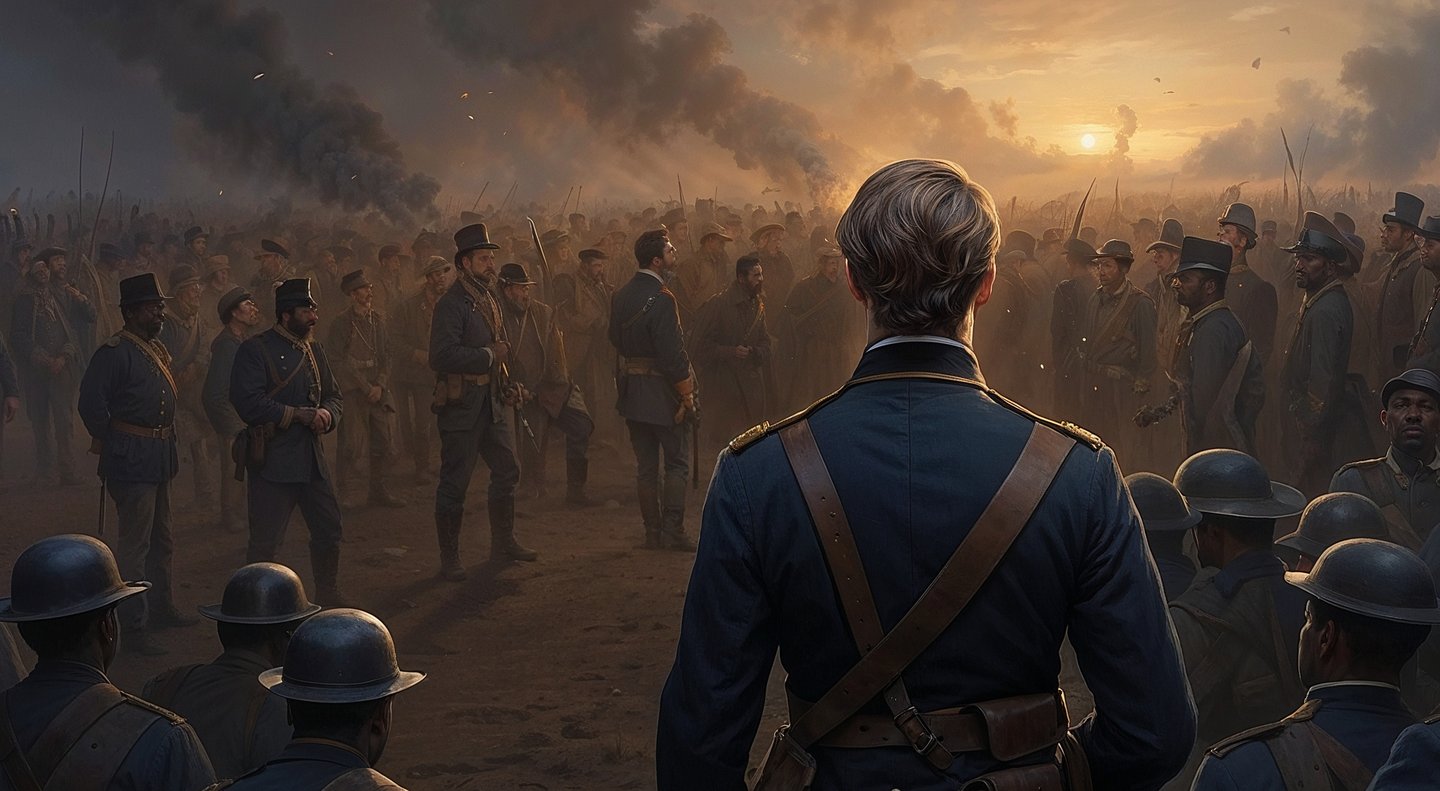

The Luxury Plush Blanket That Makes the Perfect Gift for the Navy Veteran/Vietnam Veteran/Army Veteran/Air Force in Your Life!
Fighting for Glory: The History and Legacy of the 54th Massachusetts Infantry Regiment offers an in-depth look at the remarkable story of this iconic Civil War regiment. This comprehensive account explores the origins, soldiers, leaders, controversies, and enduring legacy of the 54th, highlighting its pivotal role and contributions. Featuring vivid photos of key figures, locations, and events, this work provides a fresh and engaging perspective on the 54th Massachusetts like never before.
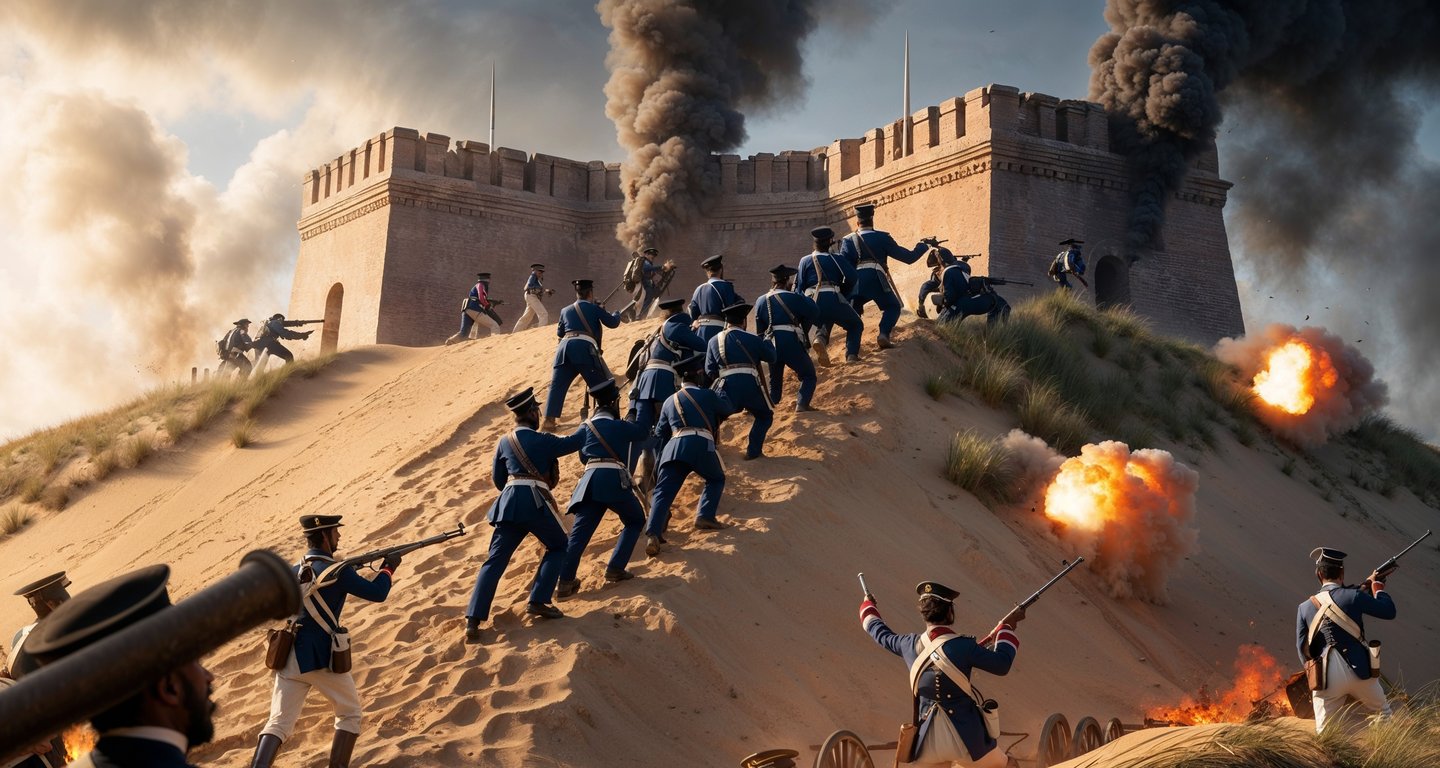

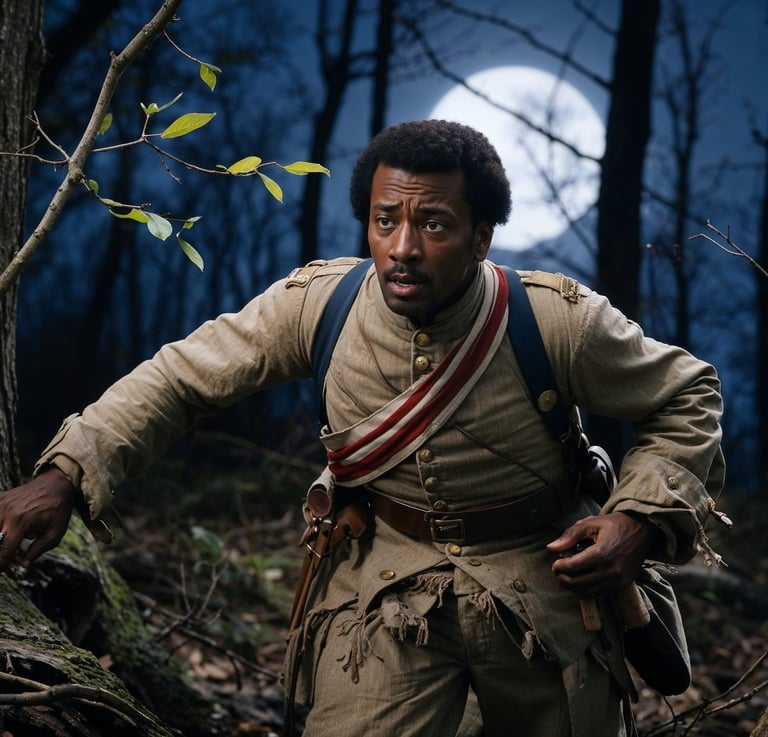

Support and Morale
Music has a way of bringing us all together, and the 54th was no exception. The regiment had its own band, consisting of about 20 members, led by James Monroe Trotter, who played music to lift the soldiers' spirits. The band included instruments like the fife, drums, and brass horns, performing a repertoire that featured lively marches, soulful spirituals, and popular songs of the time. Among the band members was John M. Brown, who played the clarinet and contributed to the vibrant sound that filled the air in camp. Their music became a source of unity and joy, reminding the soldiers of home and hope in equal measure. Trotter and his bandmates understood that music could rally the troops, keep morale high, and make the days feel just a bit brighter. [14]
Spiritual guidance also came in the form of Reverend William Turner, the regiment’s chaplain. He was more than just a clergyman, Turner was a friend, a counselor, and a beacon of hope for the men. [15] His sermons and quiet words of encouragement gave them a sense of purpose beyond the battlefield. He often visited the wounded, providing comfort and spiritual solace, and held prayer services that emphasized resilience and faith in the face of adversity. One soldier recalled how Turner's presence transformed the camp; his ability to listen and his messages of hope lifted spirits even in the darkest hours. [16] With Turner’s guidance, the soldiers found the strength to continue, knowing that their fight was part of something larger than themselves.
As music and faith intertwined to fortify the men of the 54th, their actions on the battlefield began to ripple through history, shaping not only their destinies but also the narrative of the Civil War. The impact of their service would resonate far beyond their time in combat, leaving a defining imprint on the fight for freedom and equality.
The Impact of Their Service
The immediate aftermath of the 54th Massachusetts Infantry Regiment's service, particularly their valiant assault on Fort Wagner in July 1863, marked a significant turning point in the perception and treatment of African American soldiers in the Union Army. [17] Their courage and tenacity in battle not only showcased their military capability but also challenged prevailing racial stereotypes of the time.
Following the 54th's actions, public sentiment began to shift. The bravery displayed by these soldiers garnered widespread attention and respect, influencing both Northern civilians and military leaders. Reports of their heroism were widely circulated in the media, highlighting their commitment and sacrifices. This visibility played a crucial role in altering attitudes toward African Americans serving in the military, which had been fraught with skepticism and prejudice.
As a direct result of the 54th’s bravery, the Union Army began to recruit more African American troops. By the end of the Civil War, approximately 180,000 African American soldiers had enlisted, forming over 160 regiments. [18] The Union’s recognition of these men as capable soldiers laid the groundwork for future military integration and opened the door for African Americans to serve in combat roles.
Moreover, the bravery of the 54th contributed to the broader abolitionist movement and the fight for civil rights, reinforcing the idea that African Americans were entitled to the same rights and responsibilities as their white counterparts. The regiment’s legacy thus not only impacted military policy but also influenced the societal perception of African Americans in a post-war America, leading to greater advocacy for equality and civil rights in subsequent years. Their story remains a powerful testament to the ongoing struggle for justice and recognition within the military and society as a whole.





